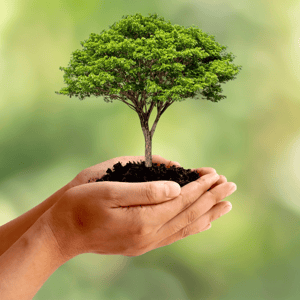
Green Office Guide
'Healthy Offices: Why Wellness Is The New Green' explores the rise of the healthy office - a place that's not only conducive to health and wellbeing, but that actively promotes both. The need for increased greening in offices connects with the idea that humans have an innate need to connect to nature and that when this need is met, they are better able to thrive.
Top Ten Things to Be More Sustainable at Work
- Turn off printers, monitors, computers, kettles, and coffee machines when not in use or when you leave the office/over the weekend. This reduces energy use.
- Adjust your air conditioning to conserve energy use:
- In winter, set your heating temperature between 18°C and 20°C.
- In summer, set your cooling temperature between 25°C and 27°C.
- Close internal doors and only heat or cool the rooms you are using.
- Remember, every extra degree increases your heating and cooling energy use between 5% and 10%.
- Green your office with indoor plants for improved air quality and to reduce stress and improve creativity and productivity
- Think Before You Print – Do you really need a paper copy? Can you print it double sided and in black and white?
- Choose recycled paper and stationary products (like pens)
- Choose ecofriendly and refillable cleaning products
- Encourage the use of reusable coffee cups or offer a coffee cup recycling collection box. Coffee cups are usually made of a cardboard-plastic mixture for insulation purposes and because the material is a composite, many coffee cups cannot be recycled and end up in a landfill. In addition, many people do not think to separate the plastic lid from the cup when throwing them away.
- Do not offer single use plastics or single use water bottles in the staff room.
- Have specific recycling boxes for general paper, cardboard and plastic recycling and then can and bottles for Return and Earn, batteries, pen and marker recycling, e-waste (mice, keyboards, computers etc) and printer ink.
- When buying new appliances select energy efficient options and when selecting new office furniture consider purchasing items made from recycled materials or quality second hand options.
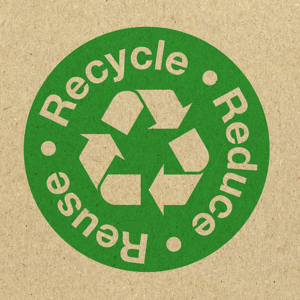
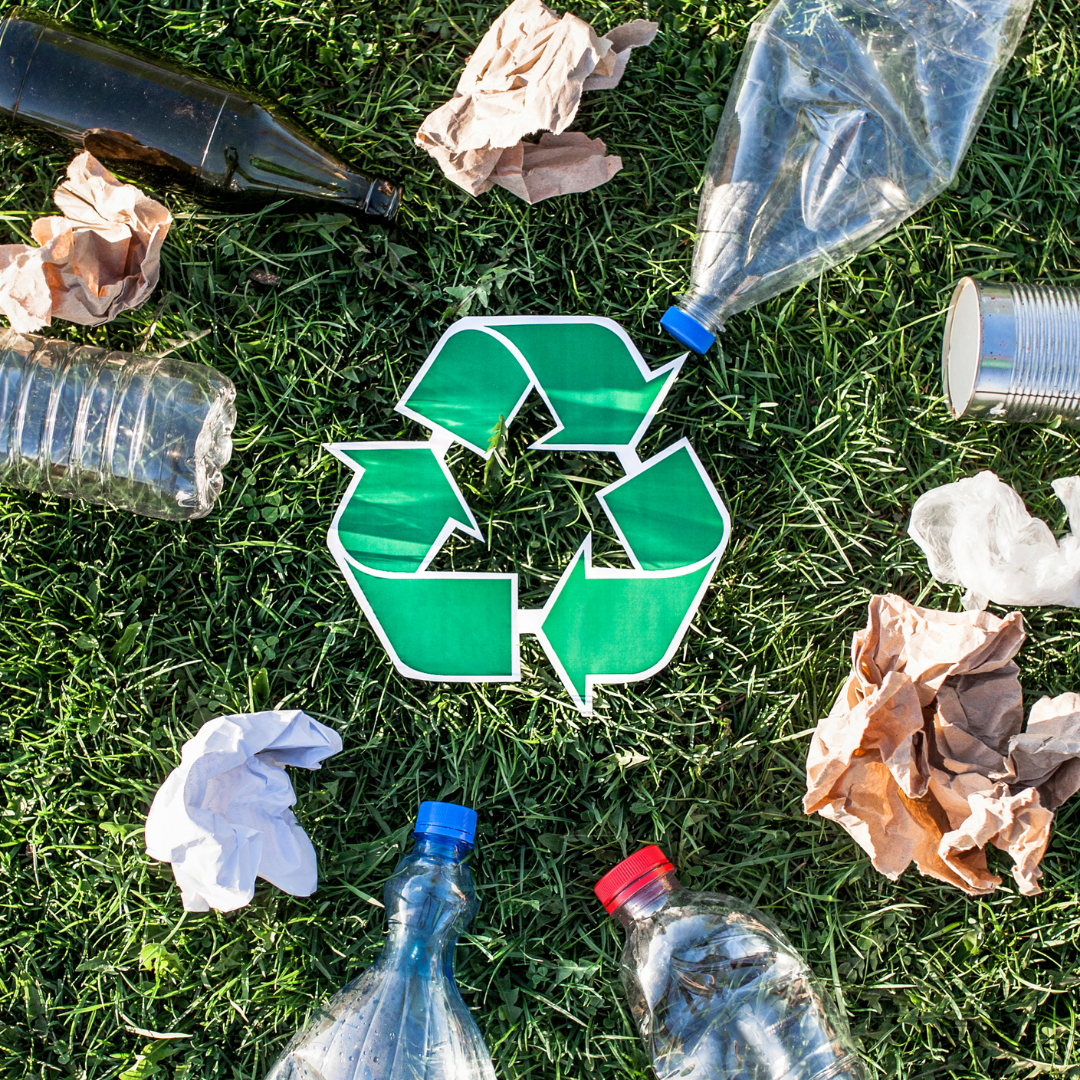
What should I recycle in my Council Recycling Bin?
- aluminium and steel tins and cans
- aerosol cans – these need to be empty
- aluminium foil – scrunch into a tennis size ballbefore it goes in
- glass jars – leave lids and labels on
- plastic bottles: juice and milk – leave lids and labels on
- plastic food containers: tubs, biscuit and meat trays (no polystyrene trays), fruit punnets
- plastic containers for cleaning products: laundry detergent, dishwashing liquid, shampoo, conditioner, hand and body wash, disinfectant – these need to be empty
- newspapers, magazines and advertising materials – remove plastic wrapping
- letters and envelopes – even those with clear plastic windows
- cardboard boxes including egg cartons and empty and oily pizza boxes – remove any food scraps before putting them in the yellow lid bin.
- Cordial, wine and spirit and juices more than 1L bottles
Can and Bottle Recycling
Eligible drink containers are those most commonly found as litter in NSW. Most empty 150-millilitre to 3-litre drink containers are eligible for a 10-cent refund when presented to a NSW return point. The best way to identify an eligible container is by the 10c refund marking.
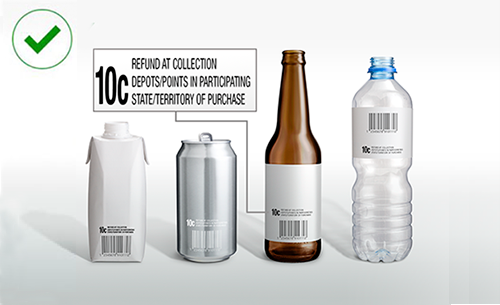
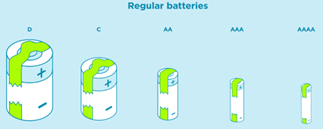
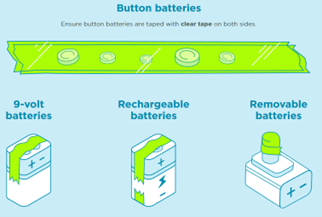
Battery Recycling
Recycling batteries keeps toxic materials out of landfill where they can contaminate the soil and groundwater. It also ensures the valuable materials in batteries are recycled into the something new, which reduces the amount of finite natural resources used in the production of new batteries. Any steel, copper and aluminium recovered it returned to the manufacturing sector for recycling, while the active components of lithium-ion batteries (including graphite, cobalt, nickel and lithium) are used to produce a valuable product called mixed metal dust, which is used to produce new lithium-ion batteries.
Tape your Terminals
If battery terminals touch, they can spark and create a fire hazard. To prevent this, tape the terminals of used batteries for storage and drop off. Use non-conductive tape, like duct tape, clear sticky tape or electrical tape.
Different batteries have terminals in different places. Regular batteries like AA have terminals at both ends, while others like 9-Volt batteries have two terminals at the same end. Button battery terminals are on the base. Ensure button batteries are taped on both sides.
Battery Drop Off Locations include Aldi, Coles, Woolworths, Battery World, Officeworks and Bunnings.
Stationary Recycling
Once collected and returned to Officeworks, the writing instruments are cleaned and melted into hard plastics that can be remoulded to make new recycled products which may include outdoor furniture and decking, plastic shipping pallets, watering cans, storage containers and bins, tubes for construction applications, flooring tiles, playground surface covers and athletic field and much more.
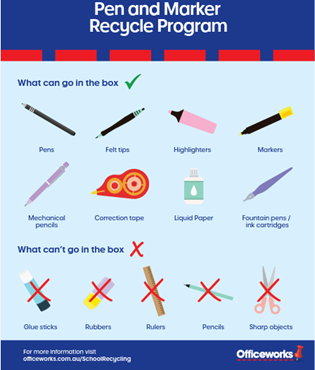
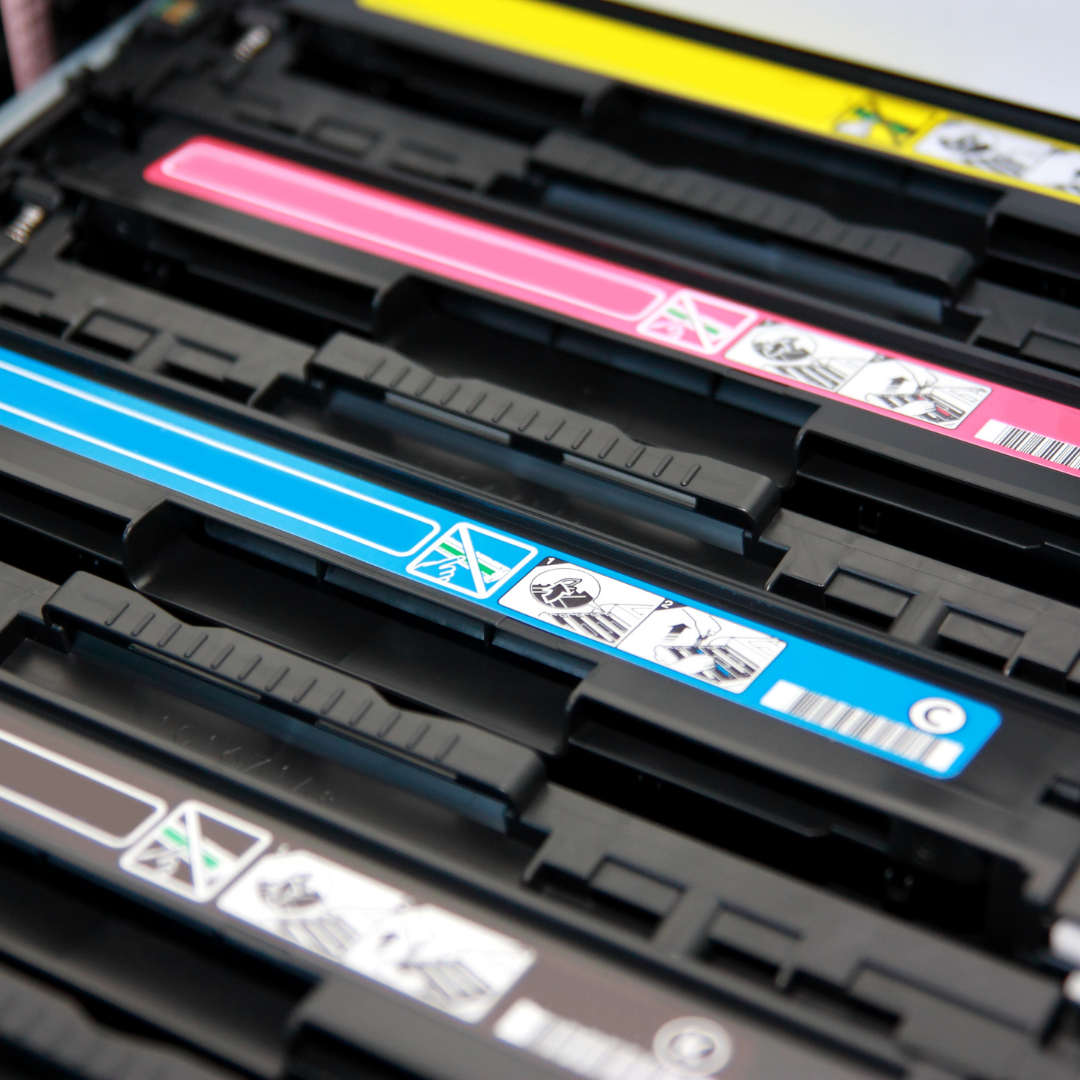
Printer Cartridges
When printer cartridges break apart in landfill, they have the potential to contaminate groundwater and the environment. Cartridges 4 Planet Ark is an innovative recycling program that provides Australians with a free and easy way to recycle their used printer cartridges. Inkjet cartridges, toner cartridges and toner bottles are accepted. Yu can drop off your used or empty laser and inkjet cartridges at all Officeworks stores and participating Australia Post, Cartridge World, Harvey Norman, The Good Guys, JB Hi-Fi, Office National and Office Products Depot outlets.
The Cartridges 4 Planet Ark program is an example of an extended producer responsibility program. The six participating brands, Brother, Canon, Cartridge World, Epson, HP and Kyocera, pay for the collection and recycling of their cartridges. They are taking responsibility for the cartridges they produce. If your workplace consumes a lot of cartridges, you may be eligible for a workplace cartridge recycling service. Call the Cartridges 4 Planet Ark hotline on 1800 24 24 73 for more information.
Recycled Paper
By buying office paper made with a high recycled content, you are:
- Helping divert waste from Australian landfills
- Reducing your carbon footprint (recycled paper uses less energy and less water in the production process)
- Supporting the Australian economy and providing local green manufacturing jobs
- Offsetting the environmental costs of importing paper from overseas
- Saving virgin resources (using recycled paper keeps paper as a natural resource in circulation for as long as possible)
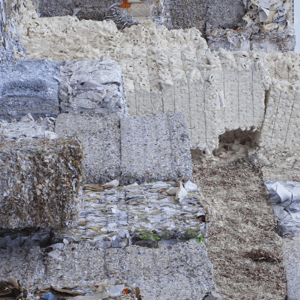
.png?width=100&height=100&name=Untitled%20design%20(50).png)